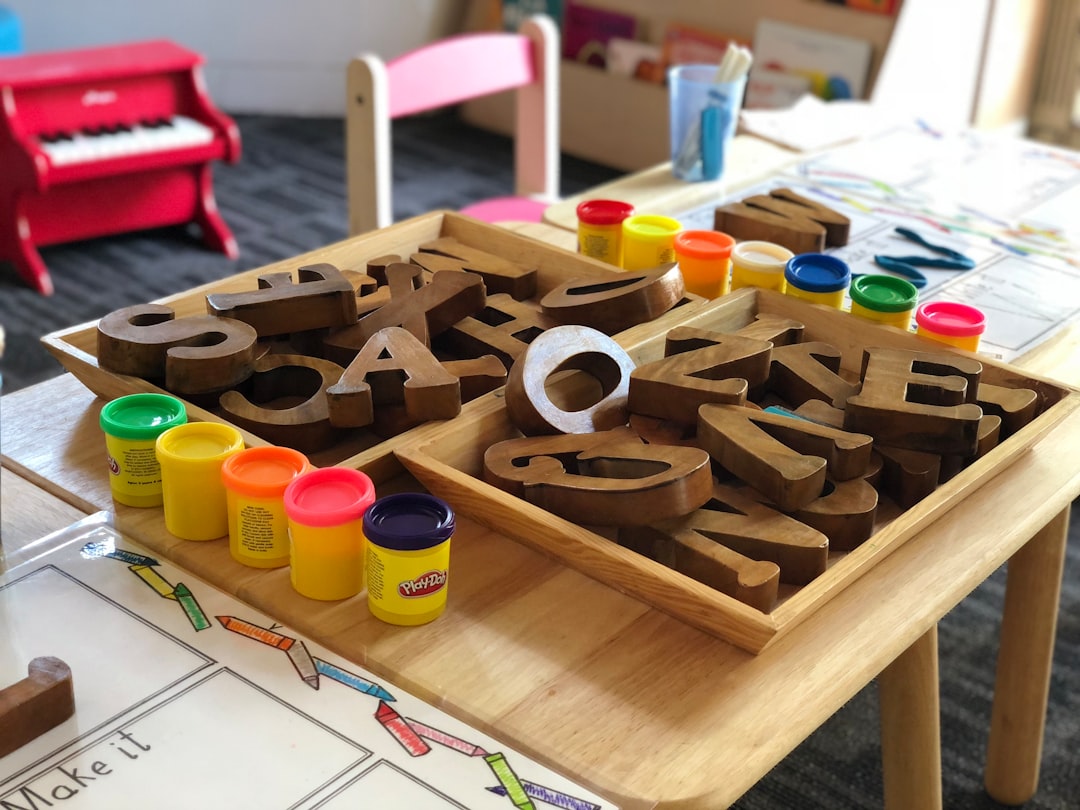Daycare abuse, encompassing physical, emotional, and sexual mistreatment plus negligence, is a severe concern for children's well-being. Parents in Maryland should be proactive, watching for signs of abuse like frequent injuries or behavioral changes in their children, as well as caregiver behavior such as neglect or unusual interactions. Knowing the legal definitions of abuse and neglect, staying informed about rights and responsibilities, and consulting a daycare abuse attorney Maryland are crucial steps. Parents can also prevent and address abuse by choosing reputable daycares, maintaining regular communication, establishing clear rules, documenting incidents, and taking appropriate action with guidance from a professional lawyer.
In Maryland, ensuring your child’s safety at daycare is paramount. This comprehensive guide explores the critical role parents play in preventing and addressing daycare abuse. With insights from leading daycare abuse attorneys Maryland has trusted, learn to recognize red flags, understand legal protections, and implement proactive measures to safeguard your child. By arming yourself with knowledge, you can contribute significantly to creating a secure environment for all children.
Understanding Daycare Abuse: Recognizing Signs and Symptoms

Daycare abuse, a serious issue that can have lasting impacts on children’s well-being, refers to any form of mistreatment or neglect occurring within daycare settings. This can include physical harm, emotional abuse, sexual abuse, or even negligence that puts children at risk. Recognizing the signs and symptoms is crucial for parents in Maryland, as it enables them to take prompt action and seek help from a daycare abuse attorney Maryland if needed.
Parents should be vigilant about any unusual behaviors or changes in their child’s routine. Signs may include frequent injuries, unexplained bruises, cuts, or fractures; sudden withdrawal from activities; excessive fear of going to daycare; changes in appetite or sleeping patterns; or unexpected aggression or depression. Additionally, paying attention to the caregivers’ behavior is essential; neglectful or inconsistent care, unusual interactions with children, or any signs of stress or strain could indicate potential abuse.
The Legal Framework: What Every Parent Needs to Know in Maryland

In Maryland, the protection of children in daycare settings is taken seriously, with a robust legal framework in place to prevent and address potential abuse. Parents play a pivotal role in this system by staying informed about their rights and responsibilities under the law. Familiarizing themselves with relevant statutes and regulations is crucial, as it equips them to recognize any signs of mistreatment or neglect and take prompt action. A daycare abuse attorney in Maryland can serve as a valuable resource for parents, guiding them through the legal landscape and ensuring their rights are protected.
Knowing the legal definitions of abuse and neglect is essential for parents. Maryland law outlines specific criteria that constitute these offenses, empowering parents to understand when intervention is necessary. Furthermore, parents should be aware of their right to access records and investigate potential issues within daycare facilities. This proactive approach fosters a culture of accountability, encouraging daycares to maintain high standards of care and safety.
Proactive Measures: How Parents Can Prevent and Address Daycare Abuse

Parents play a pivotal role in preventing and addressing daycare abuse, taking proactive measures to ensure their children’s safety while in someone else’s care. One effective strategy is to thoroughly research and choose reputable daycares with strong safety protocols and qualified staff. Regular communication with caregivers, including daily check-ins and open discussions about any concerns or observations, can also help identify potential issues early on.
Additionally, parents should establish clear rules and boundaries, such as picking up their children at scheduled times and maintaining consistent routines. Encouraging children to speak openly about their experiences and teaching them the importance of saying ‘no’ to inappropriate touch or behavior empowers them to protect themselves. Should any red flags arise, parents are advised to document incidents and consult a daycare abuse attorney in Maryland to ensure appropriate action is taken against the responsible parties.





